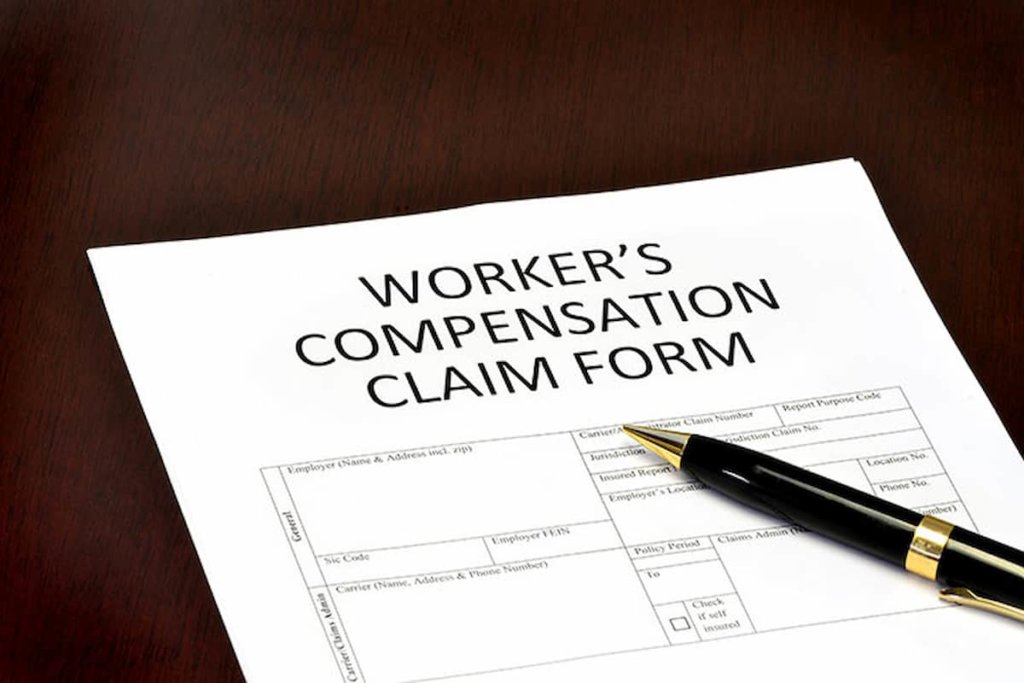Let’s say that you recently suffered an injury on the job. After reporting it to your employer, seeing your doctor, and filing your workers’ compensation claim, you hoped that you could finally receive compensation for your damages and move forward with your life. But the insurer denied your claim, and you are now unsure of what to do.
You do have a chance to receive workers’ compensation benefits. If the insurance company denied your claim, you can file an appeal. The process may feel overwhelming, but understanding why denials occur, how appeals work, and what evidence strengthens your case can give you a much stronger position to fight for the benefits you deserve.
Why Workers’ Compensation Claims Get Denied
Workers’ compensation denials are more common than many employees realize. Insurers often seek reasons to deny claims and limit payouts. Some of the most common reasons include:
- Reporting the injury too late to your employer.
- Insufficient medical documentation linking your injury directly to your work duties.
- Disputes over whether your injury was caused by a pre-existing condition instead of your job.
- Missed deadlines for filing claim forms, attending medical examinations, or submitting required paperwork.
- Employer disputes, where the employer claims the injury did not occur in the workplace.
Sometimes the denial is due to a technical or clerical error, such as a missing form or incomplete report. In other cases, the denial is based on a substantive dispute over medical evidence or eligibility. Understanding the specific reason for your denial is the first step in mounting an effective appeal.
How to Avoid a Denial Before Filing
Although this guide focuses on what to do after a denial, workers should also know how to avoid a rejection in the first place. You can reduce the likelihood of a denial by reporting your injury to your employer immediately, filling out the required claim forms correctly, keeping copies of all medical records, and attending every medical examination requested by the insurance company. Early consultation with a workers’ compensation attorney can also help you avoid mistakes that insurers frequently exploit.
How to File an Appeal
Do not give up hope just yet. You still have a chance to receive the benefits that you need. However, you must follow the steps of the appeals process very carefully.
Review the Denial Letter
Carefully examine the denial letter that the insurer sent you. This document should state the reasons your claim was denied. Sometimes the issue is as simple as missing documentation or a reporting error, which can be corrected quickly. Other times, the denial points to deeper disputes over medical evidence or eligibility.
Speak With an Insurance Representative
It is often helpful to contact the insurance company directly. Explain your situation to a representative and ask whether the issue can be resolved informally. While some problems can be fixed this way, many workers find that the insurer maintains its decision, making an appeal necessary.
Hire an Attorney
You may have a much better chance of winning your appeal if you work with a workers’ compensation lawyer. An attorney can analyze your claim, identify weaknesses, gather additional evidence, and communicate with the insurance company on your behalf. Importantly, most workers’ compensation attorneys work on a contingency fee basis, meaning they only collect payment if they secure benefits for you. This makes legal representation accessible to injured workers regardless of financial circumstances.
File an Appeal With the Workers’ Compensation Appeals Board
In California, appeals are filed with the Workers’ Compensation Appeals Board (WCAB), which operates under the oversight of the Division of Workers’ Compensation (DWC). Your petition should explain why the denial was unjust and include supporting evidence such as medical records, accident reports, wage loss documentation, and Qualified Medical Evaluator (QME) reports.
You should be aware of strict deadlines. In California, injured workers typically have 20 days from the date of the denial to file an appeal. Missing this deadline may result in the loss of your right to challenge the decision.
The Hearing Before a Workers’ Compensation Judge
Once your appeal is filed, your case may proceed to a hearing before a Workers’ Compensation Judge, also called an Administrative Law Judge (ALJ). At this stage, the judge will review the denial, examine your evidence, and listen to testimony. The insurance company will present its own case as well. A judge will then issue a decision either affirming the denial, overturning it, or modifying the outcome.
Independent Medical Review and Further Appeals
If the dispute centers on medical treatment or eligibility, the process may involve an Independent Medical Review (IMR), where independent doctors review your records to determine whether treatment should be covered. If you disagree with the judge’s ruling, you may also file a petition for reconsideration, appealing the decision to a higher level within the WCAB.
Denial vs Delay in Benefits
It is important to understand the difference between a claim denial and a payment delay. A denial means the insurance company has formally refused benefits, requiring you to file an appeal. A delay, however, may occur if the insurer needs more time to investigate or process paperwork. While both are frustrating, the strategies for resolving them are different. An attorney can help you distinguish between the two and decide the best course of action.
Settlement Options After a Denial
Not all appeals end with a judge’s decision. In many cases, disputes are resolved through settlement negotiations. A settlement may involve a lump-sum payment instead of ongoing benefits, or an agreement to cover certain medical expenses. Understanding the pros and cons of settlement is critical, as accepting a lump sum may end your right to claim future benefits.
Your Chances of Success
Statistics show that many workers’ compensation denials are overturned on appeal, particularly when the worker is represented by an attorney. Success often depends on the strength of the medical evidence, the timeliness of the appeal, and the effectiveness of the arguments presented. Even if the insurer initially denies your claim, your chances of eventually securing benefits are significant with persistence and legal support.
Do Not Give Up on Your Claim
Many workers’ compensation claims are initially denied. Do not simply accept your insurance company’s decision if it refuses to pay you. With patience, strength, and determination, and with proper legal guidance, you may still recover the benefits that you deserve.
Frequently Asked Questions (FAQs)
Why are workers’ compensation claims denied most often?
The most common reasons include late reporting of an injury, lack of medical evidence, disputes over whether the injury was work-related, pre-existing conditions, and missed deadlines.
How long do I have to appeal a denied claim?
In California, workers generally have 20 days from the date of denial to file an appeal with the WCAB. Other states may have different deadlines, so it is important to act quickly.
Do I need a lawyer for my workers’ compensation appeal?
While you can technically represent yourself, your chances of success increase significantly with an attorney. Lawyers understand the appeals process, gather the right evidence, and represent you effectively at hearings.
What evidence helps me win an appeal?
Strong appeals usually include detailed medical records, QME evaluations, wage statements, accident reports, and even testimony from co-workers or supervisors who witnessed the injury.
What happens after I file an appeal?
Your case may be heard before a workers’ compensation judge, who will review all the evidence and testimony. In some cases, the judge may recommend mediation or settlement before making a final decision.
How do attorney fees work in workers’ compensation cases?
Most workers’ compensation attorneys, including Hussain & Gutierrez, work on a contingency fee basis. This means you do not pay upfront fees. The attorney is paid a percentage of the benefits you recover, subject to approval by the court.
A denied claim is not the end of the road. At Hussain & Gutierrez, our experienced workers’ compensation attorneys understand how stressful this process can be. We know the tactics insurers use to deny claims, and we fight to protect your rights from the moment of denial through every stage of appeal, hearing, and potential settlement.
If your workers’ compensation claim has been denied, do not wait until deadlines pass. Contact Hussain & Gutierrez today for a consultation and take the first step toward securing the benefits you deserve.



